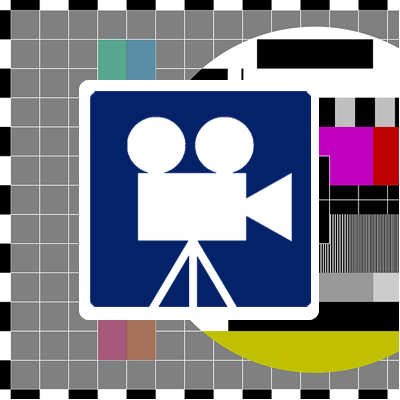Het arrangement Thema Television - hv3 is gemaakt met Wikiwijs van Kennisnet. Wikiwijs is hét onderwijsplatform waar je leermiddelen zoekt, maakt en deelt.
- Auteur
- Laatst gewijzigd
- 24-06-2025 20:17:58
- Licentie
-
Dit lesmateriaal is gepubliceerd onder de Creative Commons Naamsvermelding 4.0 Internationale licentie. Dit houdt in dat je onder de voorwaarde van naamsvermelding vrij bent om:
- het werk te delen - te kopiëren, te verspreiden en door te geven via elk medium of bestandsformaat
- het werk te bewerken - te remixen, te veranderen en afgeleide werken te maken
- voor alle doeleinden, inclusief commerciële doeleinden.
Meer informatie over de CC Naamsvermelding 4.0 Internationale licentie.
Aanvullende informatie over dit lesmateriaal
Van dit lesmateriaal is de volgende aanvullende informatie beschikbaar:
- Toelichting
- Dit thema valt onder de arrangeerbare leerlijn van de Stercollectie voor Engels voor havo en vwo, leerjaar 3. Dit is thema 7 'Television'. Het gaat over televisieprogramma's, mensen die tv kijken of op tv verschijnen en reality tv. Het thema omvat de volgende onderwerpen: What's on tv?, 15 minutes of fame en Drama. De grammaticaopdrachten gaan over adverbs en conjunctions.
- Leerniveau
- HAVO 3; VWO 3;
- Leerinhoud en doelen
- Engels;
- Eindgebruiker
- leerling/student
- Moeilijkheidsgraad
- gemiddeld
- Studiebelasting
- 8 uur 0 minuten
- Trefwoorden
- 15 minutes of fame, adverbs en conjunctions, arrangeerbaar, drama, engels, hv3, stercollectie, television, what's on tv?
Gebruikte Wikiwijs Arrangementen
VO-content - Toetsen. (z.d.).
Engels Eindtoetsen vmbo-kgt34
https://maken.wikiwijs.nl/157914/Engels_Eindtoetsen_vmbo_kgt34
VO-content Engels. (2020).
Thema Television - kgt34

 Welcome back!
Welcome back!


 Below are the three lessons that belong to this topic.
Below are the three lessons that belong to this topic.









